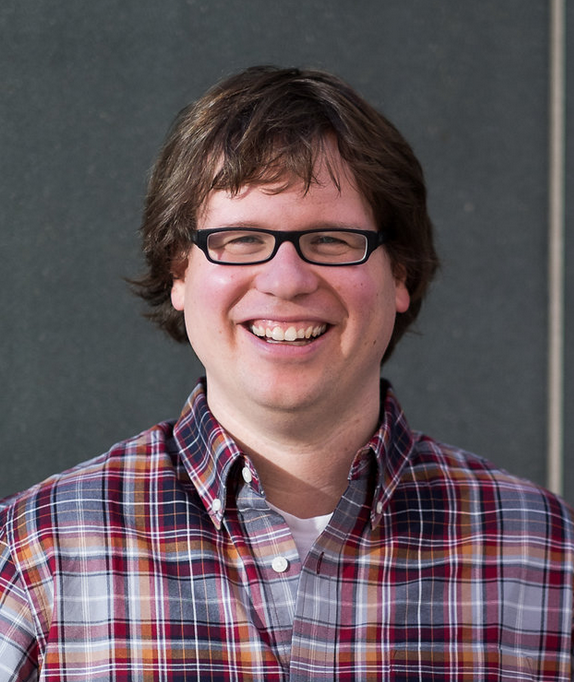CFI-seminar: Web history: Geocities, and news websites
On 22 September CFI will host a seminar about web history with visiting scholar Ian Milligan and CFI-members Niels Brügger and Henrik Bødker



The title of the seminar is "Web history: Geocities, and News Websites". Visiting scholar Ian Milligan and the two CFI-members Henrik Bødker and Niels Brügger will present their work giving the following presentations:
Welcome to the GeoHood: Exploring Early Web History through the GeoCities Torrent, 1994-2009.
by Ian Milligan, Assistant Professor of history at the University of Waterloo, in Waterloo, Ontario, Canada.
In the early 1990s, as the Web became part of everyday life, GeoCities provided a sense of community to facilitate users' first, often hesitant, steps into the world of Web publishing. At that time, GeoCities was one of the largest collections of non-commercialized, user-generated, public speech ever assembled. Along the digital "GeoAvenues" and in the provocatively-named "homesteads," users developed a relationship with the Web that built a foundation for the blogging and social networking explosion of the 2000s. Rather than simply being a platform upon which users created individualized webpages, GeoCities users helped each other develop the site as a whole.
Beginning with a historical introduction to GeoCities, this paper uses both primary and secondary literature to explore what GeoCities was like in the mid-to-late 1990s. I demonstrate how a combination of distant, computational reading (studying websites as a collective whole, rather than as individual documents) and more focused, targeted reading reveals GeoCities as a vibrant, interconnected community. It draws not only on textual components, but also uses computer vision techniques to explore image borrowing and sharing. In doing so, the paper also reflects on the technical challenges of using the GeoCities end-of-life torrent created by the Archive Team and subsequently refined by other researchers. They were created using hasty wget-based scripts, meaning that they are not held in ARC/WARC files. These sorts of archives are increasingly important for historians, as the rapid death of online communities often means that the resulting collections are compiled in this manner.
Ultimately, I argue that from these early web archives, we can find evidence of a vibrant online community, contributing to a scholarly debate on whether virtual communities actually embodied more traditional ideas about the meaning of community.
The shifting temporalities of online news: the Guardian’s news site from 1996-2015’
by Niels Brügger, Professor (MSO), Aarhus University, Head of the Centre for Internet Studies, and Henrik Bødker, Associate Professor, Aarhus University
As much as news websites news can be characterised by speed and immediacy they are also recognisable online periodicals, which accumulate preceding news coverage. This is, as with the constitution of time in more general, linked to relations between change and continuity. This article aims to understand how online conventions for the temporalities of online news have developed since the first news sites in the mid-1990s. The analytical starting point for this is that such temporalities must be understood as a complex interplay between textual elements on different and overlapping levels of the webpage.
This article consequently employs a framework for webpage analysis that focuses on the syntactical level where temporalities emerge as relations between textual elements that change at very different intervals. This framework is applied to examples from the different stages of The Guardian’s webpage from 1996 to the present retrieved from The Internet Archive (www.archive.org). The shifting constitutions of time that emerge through these analyses highlight interesting relations between emerging online conventions and journalistic practices.
Due to an inbuilt instability between textual elements on stored websites (as well as other characteristics of online archives) the construction of the empirical base stands in a complex relation to the analytical framework applied. As much as the article is a historical analysis of the temporality of online news it thus also offers a range of methodological considerations as well as thoughts on avenues for further study of how journalism constitute time within different institutional settings and on different media platforms.
Time and place:
The seminar takes place 22 September 2015 from 14:00 to 16:00 at room 295 in the Nygaard-building.
